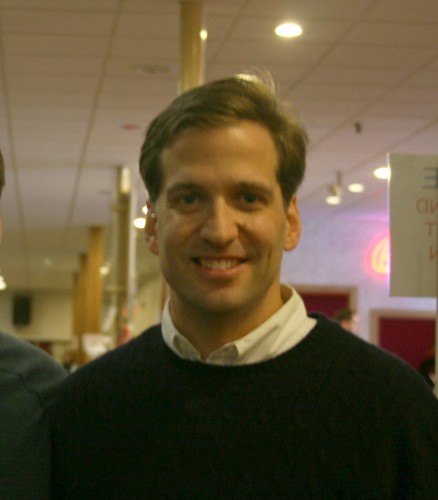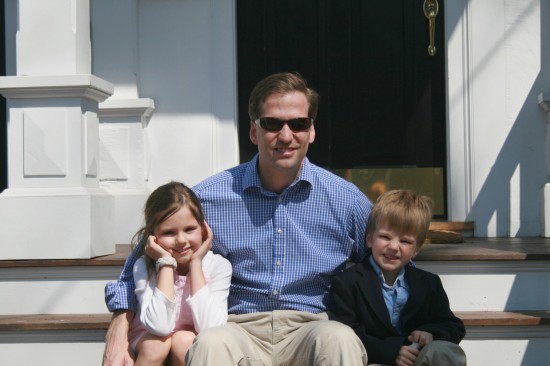Courage. I’ve been thinking about this word, this concept, this idea, all weekend. Trying to figure out what to share for this inaugural Five for Ten post. Certainly I don’t feel I have much, so that was easy to dismiss. I kept coming back, over and over again, to Susie. Susie was like a mother to me, and I mean that literally. My sister and I grew up in the loose net of extended family known as the “Four Families,” something that to this day I am immensely grateful for. Susie was an integral part of this community, one of the four mothers who formed the corners of the tent under which we all sheltered.
Susie died at 49 of pancreatic cancer, and the way she faced her death is the most human and intimate experience of courage I’ve ever seen. I am still unfolding the immense wisdom she passed on to me – and everyone around her – in those last months. As her body withered, her face grew as luminous as it did bony. I see now that her physical body was just reflecting her passage towards the spiritual world.
I will never forget the months leading up to Susie’s death in the fall of 1997. For one thing, my grandmother died of the same kind of cancer in June. Pancreatic cancer suffused those months. My mother, even more surrounded by illness and death than I was, was intimately involved in Susie’s caretaking. There were a group of women who circled around her, supporting both her and her sons, in a way that I think of often now.
“Women do not leave situations like this; we push up our sleeves, lean in closer, and say, “What do you need? Tell me what you need and by God I will do it.” I believe that the souls of women flatten and anchor themselves in times of adversity, lay in for the stay.” – Elizabeth Berg
This quotation, which I invoked recently to friends involved in similar caretaking, really captures what those months were like. I was nowhere near as intensely involved as my mother was, but I was still a part of the experience. Ethan, Susie, Mum and I had countless dinners on Susie’s sun porch. We sewed square for quilts. We attended caretakers meetings.
Experiencing Susie’s death was an exquisite, once-in a lifetime privilege. I learned more about death and, perhaps paradoxically (but maybe not), about life from her in those months than I can express. Susie faced death with extraordinary grace. Somehow she was able to say to those of us near to her: Yes, I am dying. But see, I am not afraid. And so we were not afraid. And though the crushing sadness remained, without fear, it was more manageable.
Susie was able to rise above her own emotions to provide solace and strength to those around her. She spoke honestly about her fears, her experience, her pain. But she also honored the great good fortune of her life and was able, somehow, to put her own need away so that she could reassure those close to her, take care of her boys, until the end. I can neither imagine nor fathom the strength it took for her to do that, to put her own need for reassurance behind her desire to comfort those around her. We were supposed to be taking care of her, but in fact it was the other way around. Hers was an amazing act of generosity; to this day I am humbled when I remember it.
Hilary shared with me a prayer that was said at one caretaker meeting that I did not attend. The closing line was: I believe all of our paths are perfect. I think of this often. If a woman who died before 50, leaving two young sons with everything in front of them, can find a way to feel at peace with that, I owe it to her memory to recognize the perfection – or at least the beauty in the imperfection – of my own path. To look at our lives, baldly and without pretense, to see the beauty even in the barrenness: this is courage.
 This guy. Matt. International man of mystery.
This guy. Matt. International man of mystery. To the man who gave me these two treasures.
To the man who gave me these two treasures.